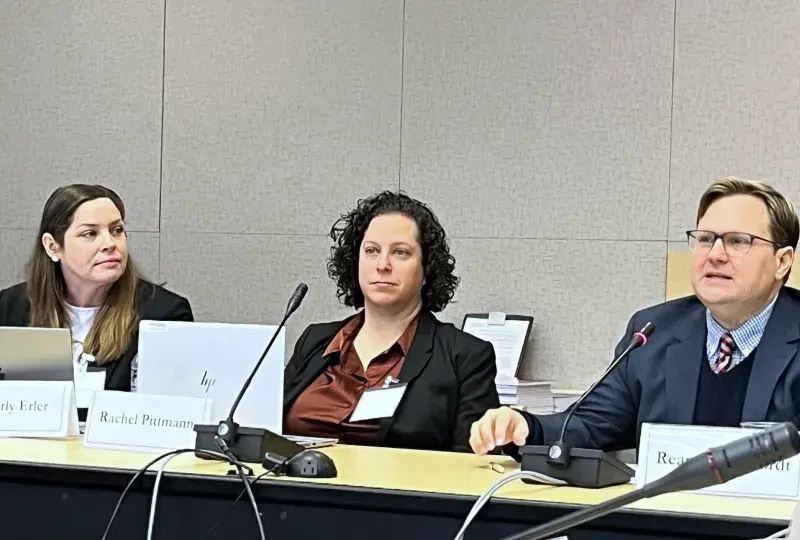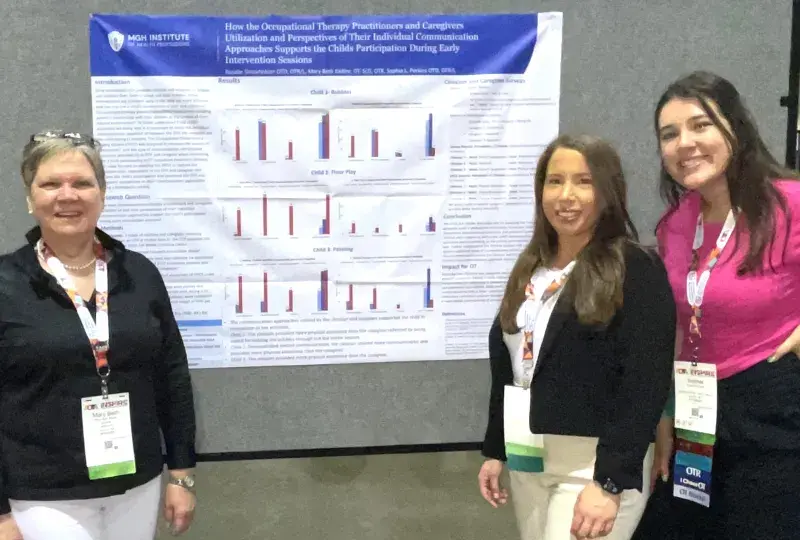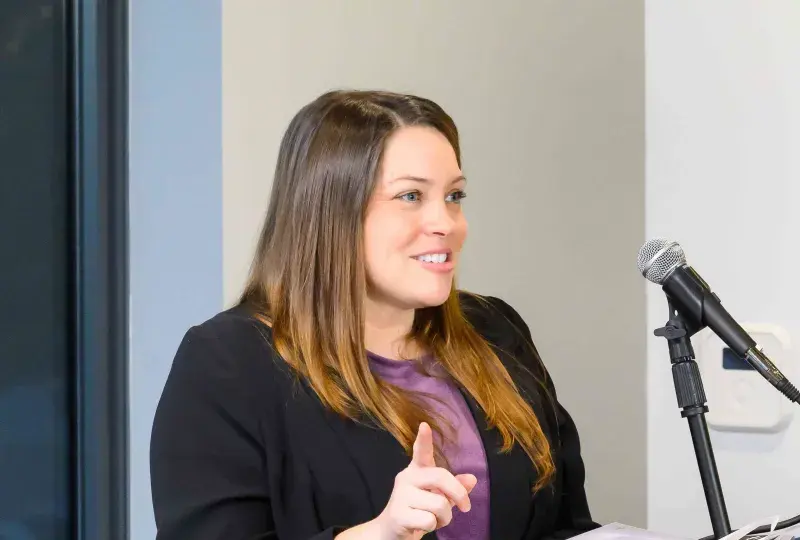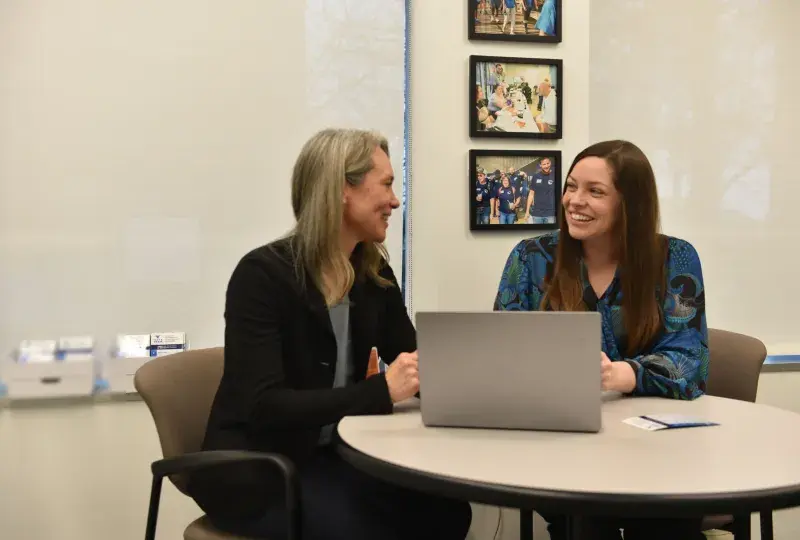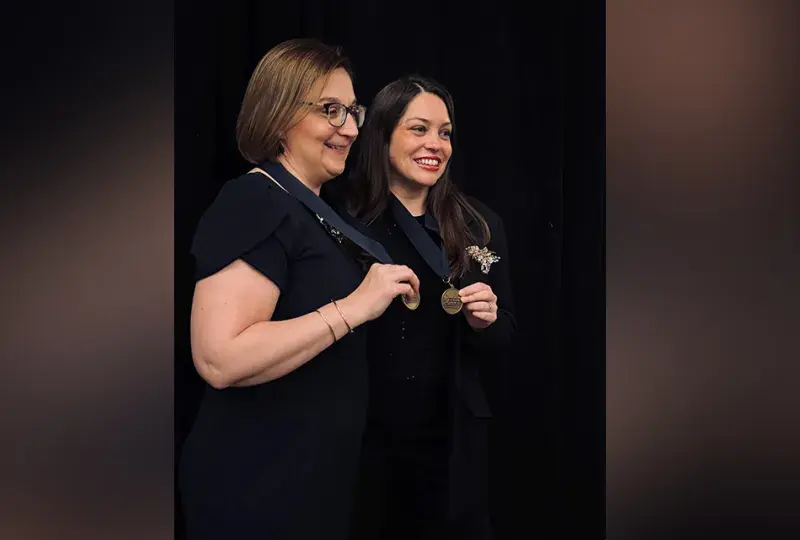
Kimberly Erler, OT, PhD, is an Associate Professor in the Department of Occupational Therapy in the School of Health and Rehabilitation Sciences.
Dr. Erler earned her Bachelor of Science in Therapeutic Studies and Master of Science in Occupational Therapy at Boston University, College of Health and Rehabilitation Sciences: Sargent College. Her clinical practice has been in acute care at Massachusetts General Hospital. In 2017, Dr. Erler earned her PhD in Rehabilitation Sciences at the MGH Institute of Health Professions.
She has presented and published at the state and national level on a variety of clinically relevant topics including her research in neurorehabilitation following traumatic brain injury and stroke, and ethical decision-making in clinical practice.
- Bachelor of Science, Therapeutic Studies, Boston University
- Master of Science, Occupational Therapy, Boston University
- PhD, Rehabilitation Sciences, MGH Institute of Health Professions
- Participation after neurological injury
- Patient reported outcomes
- Ethics in clinical practice
- Neurorehabilitation
Dr. Erler has published numerous papers - some titles are highlighted below. You can view a complete listing of Dr. Erler's publications on ResearchGate or in her CV.
Cognitive Demands Influence Upper Extremity Motor Performance During Recovery from Acute Stroke.
In addition, Dr. Erler regularly presents at conferences and industry events. Please see her CV for a complete list of presentations.
Impact of the COVID-19 Pandemic on Participation for Persons with Brain Injury: A Qualitative Analysis at American Congress of Rehabilitation Medicine Annual Meeting.
Characterizing Participation Measures with Stakeholder Input Using the International Classification of Functioning, Disability, and Health at American Congress of Rehabilitation Medicine Annual Meeting.
OT Code of Ethics 2020: Revisions to Meet the Needs of Stakeholders in Today’s Evolving Landscape of Practice at: American Occupational Therapy Association Annual Conference.
Modified Rankin Scale Does Not Capture Precise Recovery Phenotypes after Acute Stroke at American Society of Neurorehabilitation.


